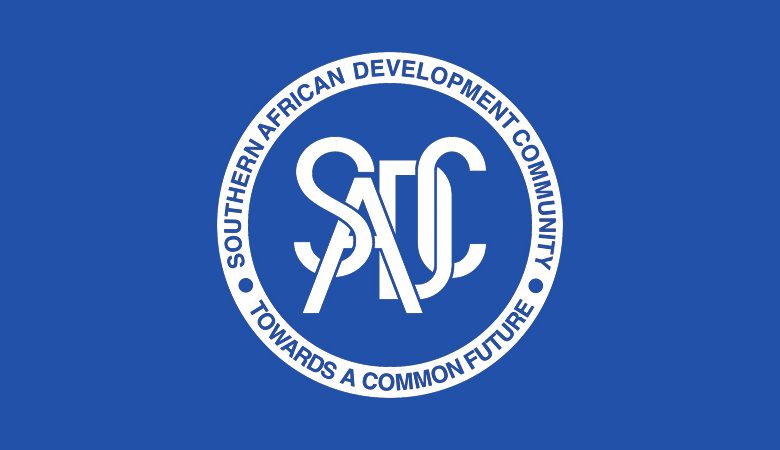Zimbabwe’s SADC Chairmanship: A Path to Regional Leadership and Economic Prosperity

Zimbabwe’s Ascension to SADC Leadership
In August 2024, Zimbabwe will take over the chairmanship of the Southern African Development Community (SADC). This significant leadership role is expected to enhance Zimbabwe’s influence within the region and provides an opportunity for the country to spearhead initiatives that foster regional integration and economic development.
Driving Economic Growth and Regional Integration
Zimbabwe’s chairmanship of SADC comes at a pivotal time. The country has been making strides to improve its economy through strategic re-engagement with international communities and fostering regional trade. Under President Emmerson Mnangagwa, Zimbabwe has embraced the philosophy of “friends to all and enemy to none,” aiming to build bridges and mend past diplomatic rifts. This approach has already shown promise, with increased dialogue and potential trade agreements on the horizon (Sunday News).
As a member of the SADC Free Trade Area, Zimbabwe is well-positioned to leverage its chairmanship to promote the free movement of goods and services, enhancing economic cooperation and benefiting all member states. This could lead to increased trade and investment opportunities, driving economic growth not only for Zimbabwe but for the entire region (Sunday News).
Re-Engaging with the Commonwealth and BRICS
Zimbabwe’s re-engagement strategy extends beyond SADC. The country has applied to rejoin the Commonwealth, which it left in 2003. Rejoining the Commonwealth would open up access to a network of resources, funding opportunities, and international trade partnerships, significantly boosting Zimbabwe’s economic prospects (Sunday News). Additionally, Zimbabwe’s participation in BRICS could further diversify its economic alliances, offering new avenues for trade and investment (Kujenga Amani).
Promoting Regional Stability and Development
With its new leadership role, Zimbabwe aims to promote regional stability and development. By addressing common challenges such as security, education, and sustainable development, Zimbabwe can help build a more integrated and prosperous Southern Africa. This leadership could also inspire other nations within SADC to adopt collaborative approaches to solve regional issues (Sunday News).
Conclusion: A Bright Future for Regional Leadership
Zimbabwe’s upcoming role as SADC chair presents a unique opportunity for the country to lead Southern Africa towards greater economic integration and regional stability. By leveraging its position to promote trade, investment, and collaboration, Zimbabwe can significantly contribute to the prosperity of the entire region. The country’s re-engagement with international communities and strategic alliances underscores its commitment to a brighter, more prosperous future for Southern Africa.




